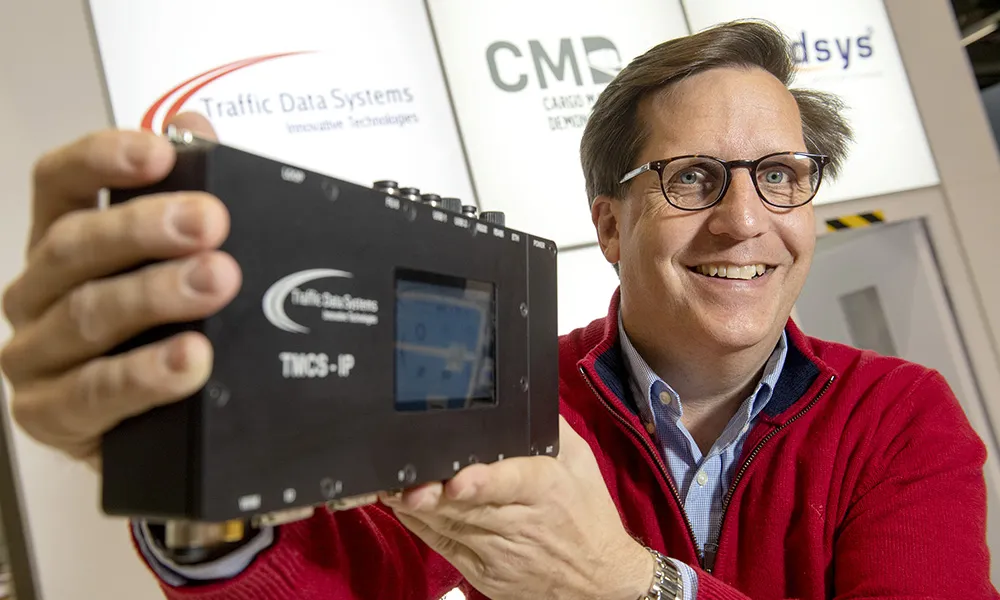OmniAir Certification Services (OCS) has granted 3M the first OmniAir certified awards for products tested in its 6C-for-Tolling Certification Program, to be presented at 80th IBTTA Annual Meeting in Orlando, Florida on 10 September 2012. Based on the ISO/IEC 18000-6 (Type C) RFID protocol, the 6C certification program is designed to ensure tolling tag and reader interoperability (IOP) across equipment vendors and toll facilities that choose to deploy equipment certified as compliant to the 6C requirements
September 11, 2012
Read time: 2 mins
Based on the ISO/IEC 18000-6 (Type C) RFID protocol, the 6C certification program is designed to ensure tolling tag and reader interoperability (IOP) across equipment vendors and toll facilities that choose to deploy equipment certified as compliant to the 6C requirements document as defined by the 6C Toll Operators Committee.
3M, which acquired FSTech from
Certification includes testing for baseline interoperability and applied interoperability. Baseline IOP ensures that tag and reader pairs can transition successfully from one state to another and to validate memory data. Applied IOP ensures that tags and readers can withstand the toll environment; it includes performance, UV, humidity and temperature testing under various parameters.
“The Board of OmniAir Certification Services put in a tremendous amount of effort with the 6C Toll Operators Committee in developing the OCS 6C-for-Tolling Certification Program,” says Tim McGuckin, Executive Director of OmniAir Consortium. “To see it reach this stage where we have a credible and rigorous certification program with tests conducted by an accredited lab and OCS awarding certification for technologies intended for real world toll deployments is a turning point. It is an exciting testament to the hard work of all parties and the vision of OmniAir Consortium and its members. We look forward to offering the 6C Certification Program to other suppliers in 2012 and beyond.”









